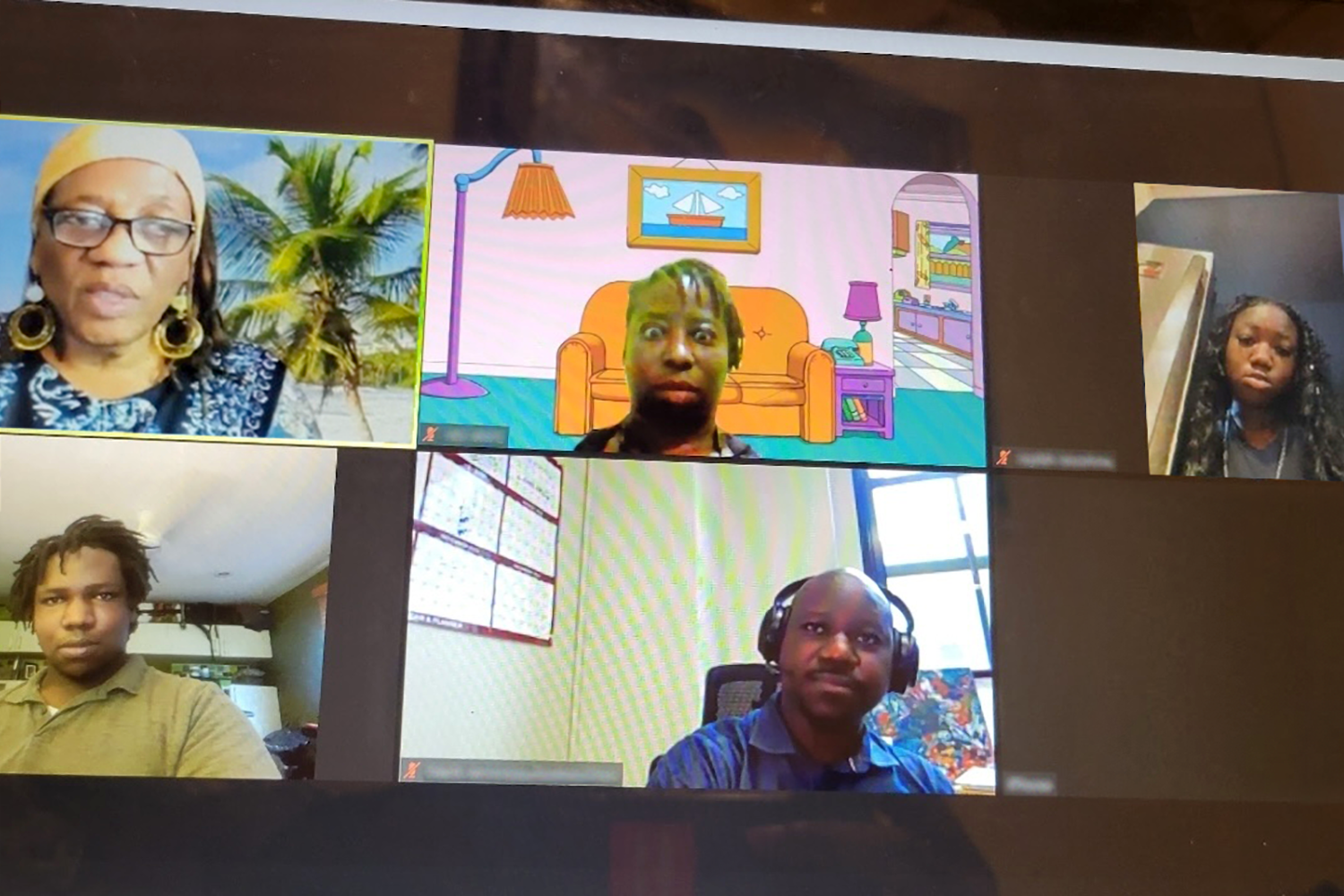
Harness your negotiation superpower to get what you really want
So many people think of negotiation as some other-worldly skill for elite executives in the C-Suite, MBAs, attorneys, or sales and marketing professionals. I’ve especially met far too many women who don’t even know how to ask for something — or don’t think they’re allowed to ask. I’ve even met people who have said, “Oh, negotiation can’t be taught. That’s a special skill you either have or you don’t.”
That’s utter nonsense. We need more women to understand that negotiation isn’t just for business. It’s everybody’s business. Yet, for example, women negotiate their compensation four times less often than men.
Negotiation is no different from a muscle. You want the six-pack abs? Start doing some basic crunches. Do them consistently, and watch what happens. Every day, from the bedroom when you wake up, to the kitchen, to the grocery store, to your kids’ school, and in the workplace. And the best part is, there are some simple ways you can practice your everyday negotiation powers to hone those skills.
“Help! How do I negotiate my salary?” is the No. 1 (usually panicked) query I get from women. This is a fairly high-stakes negotiation, but if you haven’t been practicing negotiation skills in low-stakes, familiar contexts every day, no wonder you feel a lack of confidence and competence to do it. Opportunities for negotiation are so much wider and repeatable than that, and if you hone these skills on a daily basis, you’ll be ready for that higher-stakes negotiation when it crops up.

3 simple tips to harness your everyday negotiation superpower
1. Build RAPPORT!
It never goes out of style. You’ve heard the Golden Rule of treating others the way you want to be treated — what would happen if you started treating others the way they want to be treated?
Taking time to build rapport to learn how people tick — even in an online format — can make or break deals. And it’s the single most overlooked step since the advent of video conferencing. People just want to “get down to business” and then they wonder why they’re stuck!
Taking some time to build rapport to learn how people tick — even in an online format — can make or break deals.
People will say to me, “I don’t know what to say!” So, practice building rapport with your neighbors, with other parents, teachers and staff at your kids’ school, at the supermarket checkout, at the gym. You can even PLAN to negotiate in advance! Create a collection of ice-breaking questions or shares of your own that you can use about a podcast you’re listening to or asking people what shows they’re binge watching. Before a planned meeting, do some internet sleuthing of the other people who will be in the meeting or call to find commonalities. If you don’t have time to prepare, even just asking the origin of someone’s name will do. You’d be amazed at how powerful it is just taking a few minutes to show a genuine interest in people. And, like all of my tips, showing interest is free and requires no special training or equipment.
2. Master the art of questions
Kids are natural negotiators, partly because they’re so curious. Be a curious kid and start asking questions. Women, in particular, should ask more questions. Develop skills around different types of questions. Think to yourself, “What is the purpose of this question? To gather information? To get this person to agree with me? Is it a question at all — or is it a statement dressed up as a question? Kids and spouses are really crafty at these: “Are we there yet?” “Is that what you’re wearing?” Those are not questions.
Tune in to the INTENT of your question and what IMPACT it might have. And use good timing. For example, asking someone how their diet is going while they eat a dessert is bad timing. Become super stealth at asking the right questions, at the right time, in the right way.

3. Get comfortable haggling
I know, I know! It’s so cringey. But you can do it! It can really save you money and open up opportunities, so here’s how you start. Get into the habit of asking, when you are checking out of a store (or the live chat for an item online; or by sending an email to customer service):
“Are there any other offers or discounts that apply to my purchase today?”
Here’s what’s so great about it: you have nothing to lose by asking. Also, you may be surprised at how often the answer is “yes” and you get a coupon for 20% off! Buying something on Craigslist or NextDoor? Ask this: “Do you have any wiggle room on price?” and precede the question by first building rapport (see how it all fits together?): “I appreciate the wood inlay on this dining table. My grandfather used to work with wood.” And here’s the inverse: when someone makes YOU and offer, always ask, “How did you come up with that offer?” Find out the factors that went into it, so that you can verify its legitimacy and prepare a counter-offer. And KEEP TRYING. You gotta step up to the plate a lot of times to get the hits.
These three basic everyday tips will kickstart you to harness the power of everyday negotiation and land your dream job, get your toddler to eat their peas, and even be the most powerful person in the room.
Order For the Forces of Good: The Superpower of Everyday Negotiation by S. Lucia Kanter St. Amour.
This article was originally published here on The Midst Substack.




